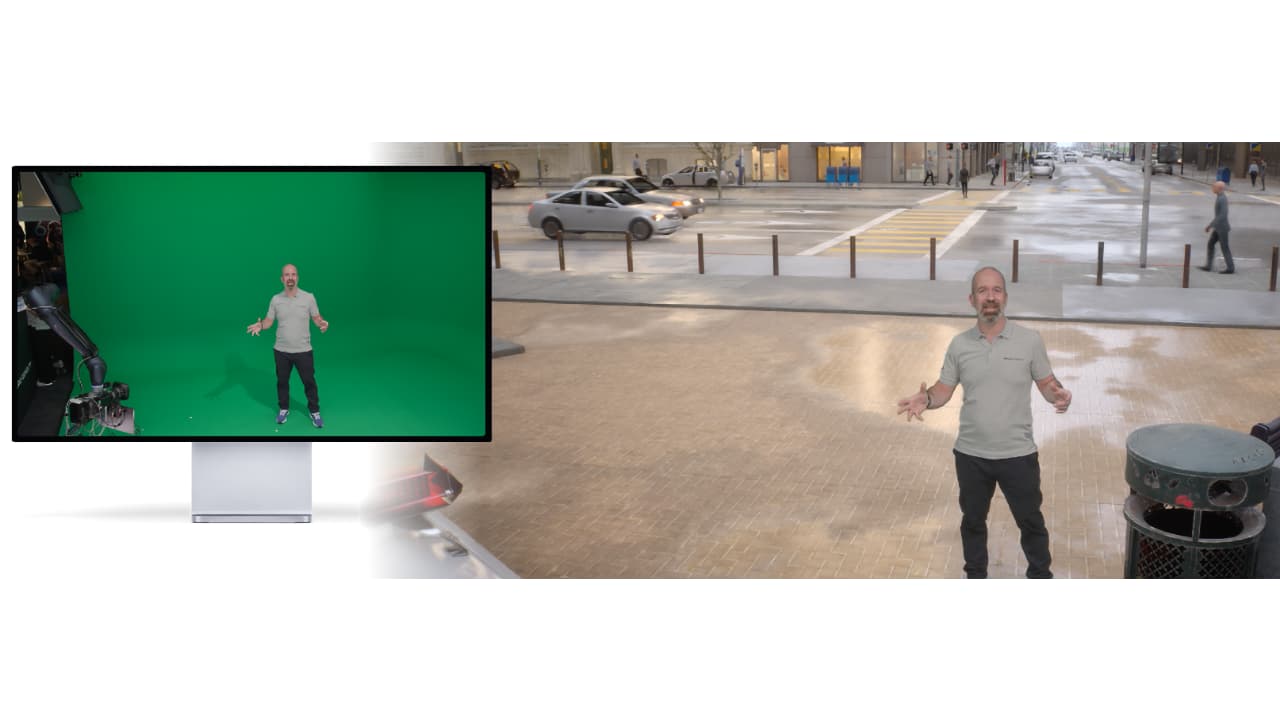
New product versions in Zero Density’s end-to-end graphics ecosystem offer increased efficiency, improved quality, and some innovative new features.
A year ago, Zero Density introduced Reality5 built on the real-time, node-based operating system NODOS. At the same time, the company committed to keeping pace with Epic Games’ Unreal Engine releases. Now, with the release of Unreal Engine 5.5, that same architecture has achieved something fairly impressive: supporting two Unreal versions simultaneously using the same backend technology.
This basically allows users to continue working on their existing Reality 5.4 projects with enhanced stability and performance while also beginning to explore Unreal 5.5 and its new features. That’s something that could ease the transition to new software versions considerably.
As Solution Manager for Virtual Production at Zero Density, Roel Bartstra, points out, Unreal Engine 5.5 is a fairly big deal. “Unreal Engine 5.5 marks a revolutionary advancement in virtual production lighting, reflections, and shadows,” he says. “The introduction of MegaLights allows for the addition of hundreds of dynamic, shadow-casting lights without performance constraints, enabling lighting artists to focus on enhancing realism rather than overcoming technical limitations.”
Meanwhile, Lino 5.5, the first official release of Zero Density’s real-time motion graphics solution based on Unreal Motion Design, introduces the creation of all broadcast graphics within Unreal Engine. Integrated with Zero Density’s control interface, Reality Hub, Lino adapts to a range of broadcast environments, including those utilizing newsroom computer systems and automation platforms. This integration streamlines workflows, reduces operational complexity, and should go a long way to enhancing the quality and consistency of broadcast graphics.
“Lino 5.5 introduces a new era of efficiency and graphics quality for broadcasters, offering a real alternative to legacy broadcast graphics solutions that have dominated the market for decades,” says Solution Manager Faraz Qayyum “With its seamless integration into broadcast workflows, unmatched real-time performance, and the intuitive Unreal Motion Design interface, Lino 5.5 allows broadcasters to enhance their graphics production while simplifying operations. This new platform empowers graphics teams to deliver stunning visuals faster and more efficiently than ever before, redefining what’s possible in broadcast graphics.”
Lino is available through both subscription and perpetual licensing options. The subscription plan starts at $955 per month and includes the high-end EVO II render hardware. Both Reality 5.4 SP3 and Reality 5.5 are now available for download. Members of the Open Studio License Program — the scheme that allows eligible users to access Zero Density’s software at no cost — can obtain their distributions from GitHub.
tl;dr
- Zero Density’s updated ecosystem supports both Unreal Engine 5.4 and 5.5 simultaneously, allowing users to enhance existing projects while exploring new features.
- Unreal Engine 5.5 introduces MegaLights, enabling the addition of numerous dynamic, shadow-casting lights for improved realism in virtual production.
- The new version of Lino integrates with Zero Density’s Reality Hub, streamlining broadcast graphics creation within Unreal Engine and enhancing quality and consistency.
- Lino is available through subscription starting at $955/month, with downloads of Reality 5.4 SP3 and 5.5 now accessible, along with free access for eligible users via the Open Studio License Program.


Comments